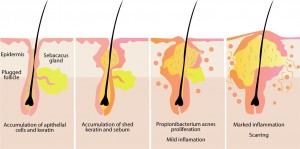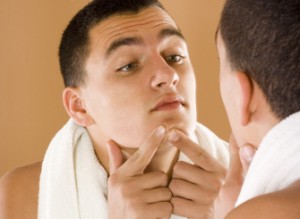5 Questions About Acne Answered
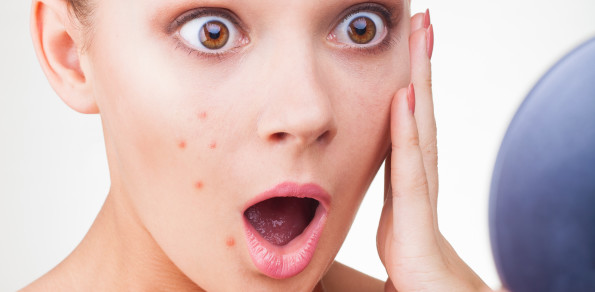
1.What is acne and who gets it?
Acne is the common cause of spots. Most people with acne are aged between 12 and 25, but some older and younger people are affected. Boys are more commonly affected than girls. Acne usually affects the face but may also affect the back, neck, and chest. The severity can range from mild to severe. However, it can last for many years in some cases.
2. What causes acne?
Blocked pores are what cause acne. This is because of the at the top of the pores becoming thicker, combined with dead skin cells that are shed into the pores. You can see the plugs that block the top of the pores as tiny spots known as comedones, commonly known as blackheads and whiteheads.
3. What makes acne worse?
• Some contraceptive pills
• Hormonal changes in women more especially around the monthly period may cause spots to get worse.
• Thick or greasy make-up. However, most make-up does not affect acne. You can use make-up to cover some mild spots. Make use of non-comedogenic or oil-free products to use on for acne-prone skin types.
• Picking and squeezing the spots may cause further inflammation and scarring.
• Sweating heavily or humid conditions may make acne worse. For example, doing regular hot work in kitchens. The extra sweat possibly contributes to blocking pores.
• Spots may develop under tight clothes. For example, under headbands, tight bra straps, tight collars, etc. This may be due to increased sweating and friction under tight clothing.
• Some medicines can make acne worse. For example, phenytoin which some people take for epilepsy, and steroid creams and ointments that are used for eczema. Do not stop a prescribed medicine if you suspect it is making your acne worse, but tell your doctor. An alternative may be an option.
• Diets high in sugar and milk products may make acne worse
4. Can acne be treated naturally?
• Keep your skin clean and clear by washing it with water and mild soap once or twice a day and avoid using any strong, perfumed or harsh soaps on your face (discuss with your dermatologist to find out the best for your skin).
• Avoid over doing the makeup (foundations, etc., blocks the skin pores leading to pimples), apply as less as possible and remove the makeup with water and soap before going to bed.
• Don’t rest your chin, neck and face on your arms while you study, read or sit in front of TV.
• Try to avoid stressful situations that might trigger the acne attack and try to deal these circumstances by practicing stress relief measures like exercising, meditation, etc.
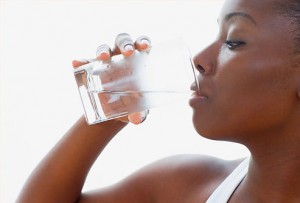 • Avoid foods and drinks that might seem to trigger your acne attack (there is no fixed food known to cause acne; different people respond to different foods in different ways).
• Avoid foods and drinks that might seem to trigger your acne attack (there is no fixed food known to cause acne; different people respond to different foods in different ways).
• Drink plenty of water throughout the day as this extra liquid helps to flush out those harmful toxins from your body and helps prevent pimple formation.
• Antioxidants such as beta- carotene, selenium, zinc, and vitamins E and C are some of the most important skin-friendly nutrients.
5. Does acne ever need hospital treatment?
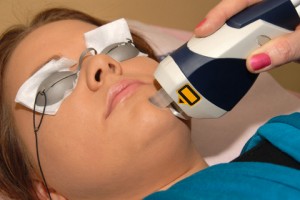 If you have severe acne which does not respond to the treatments usually prescribed by GPs, you may need to see a hospital specialist. In particular, if your doctor believes you would be helped by isotretinoin tablets. You may also need hospital treatment for acne scars. Options available for scarring include laser resurfacing of the skin, mechanical or chemical peeling of the skin, breaking the scar tissue down with a sterile needle (subcision) and injection of collagen filler.
If you have severe acne which does not respond to the treatments usually prescribed by GPs, you may need to see a hospital specialist. In particular, if your doctor believes you would be helped by isotretinoin tablets. You may also need hospital treatment for acne scars. Options available for scarring include laser resurfacing of the skin, mechanical or chemical peeling of the skin, breaking the scar tissue down with a sterile needle (subcision) and injection of collagen filler.

